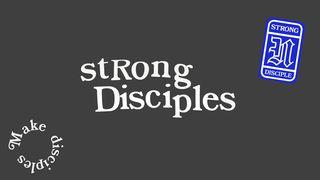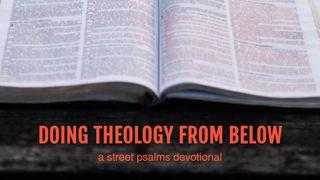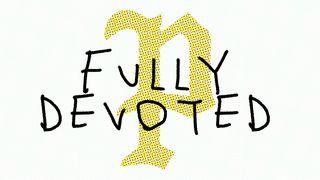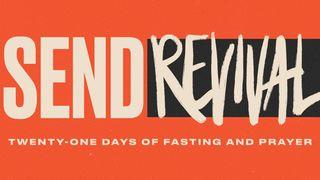Deuteronomy: At Journey's EndSample
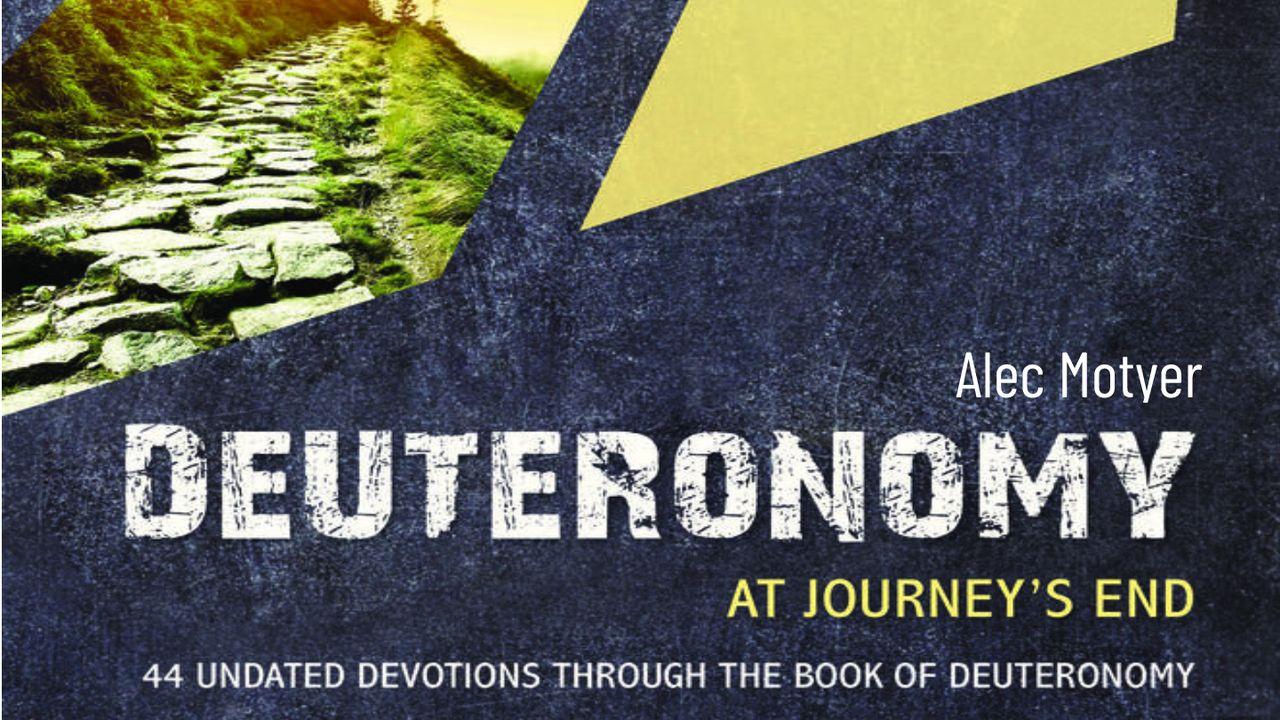
Into battle, part 2
Not fearing, but listening, remembering, expecting
The Bible is so focused on its history writing that we can easily forget that, as regards Deuteronomy for example, the whole land of Canaan was thickly populated, highly organised, well led, and, according to the standards of the time, armed to the teeth. It was no small act of faith to believe the Lord had given it over to Israel to possess, and no small undertaking to march in to conquer and possess it. Moses did well to recognise that his people needed to be guarded against the paralysis of fear (vv. 17–18).
First, we see the word of God is the guarantee of present divine care (vv. 12–15) and victory (v. 16). The verbs in verse 12 (‘pay attention … are careful to follow’) offer a programme of patient hearing, committed guarding and practical obeying – literally, ‘listen … keep … do’. For the Canaanites, enjoying the blessing of the ‘gods’ arose from ‘working the system’. ‘Baal’ was the in effect the description of impersonal processes of fertility/prosperity – like ‘market forces’ today – and there were mechanisms for getting Baal ‘on side’ and reaping the benefit in good crops, fine animals and many children. The benefits of divine care in Israel, however, were consequent on moral submission to the word of God (vv. 12–16).
Secondly, the acts of God in the past are the guarantee of present interventions (vv. 17–19). Whatever situation we face, we should start the counteroffensive by giving ourselves the tonic of remembering what the Lord has done: both what he did to his opponents (v. 18 – and Pharaoh was the superpower of the day!) and what he did for us when he brought us out of bondage into salvation (v.19 – and we were totally helpless!). In that same verse, the ‘trials’ or testings were the successive plagues by which God showed his command of the ‘forces’ of creation; ‘signs’ are acts that point away from themselves to the truth they demonstrate; and ‘wonders’ are acts that call attention, making people stop and question. Memory stimulates faith.
Thirdly, notice the three ‘your God will’ statements (vv. 20, 22, 23). ‘Hornet’ (v. 20) is a dubious translation but, whatever the meaning, the sense remains: the Lord goes before, preparing our way into his promises. It is he who overcomes (v. 22) and brings us into possession (v. 23).We gratefully remember what he has done in the past; his power will bring us to possess our possessions in the future.
Reflection
God does not change therefore we are not consumed (Mal. 3:6).
Scripture
About this Plan

In these daily undated devotions, Alec Motyer explores the timeless truths of Deuteronomy and applies them to our lives today. Just as the Israelites did, we can appreciate the wonder of God’s grace to us through repentance, experience His committed love for us, and learn more about walking in His ways.
More
We would like to thank 10ofThose for providing this plan. For more information, please visit: https://www.10ofthose.com/
